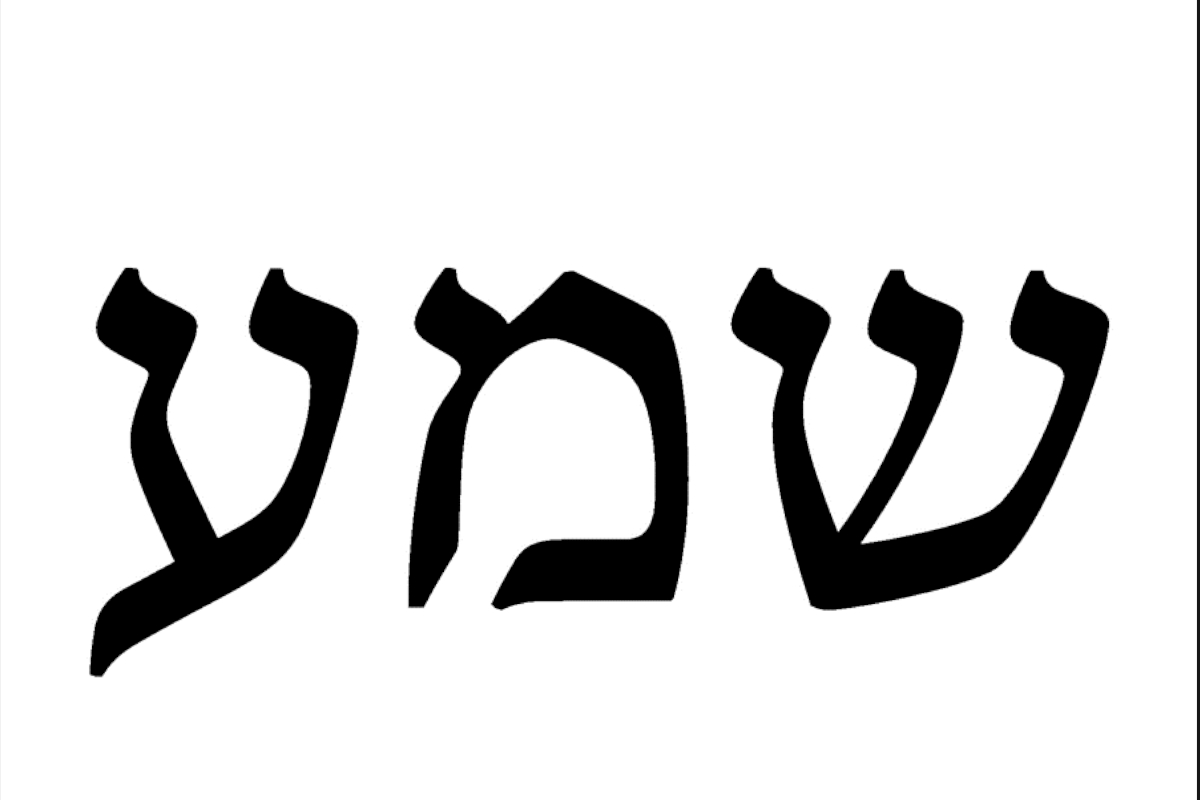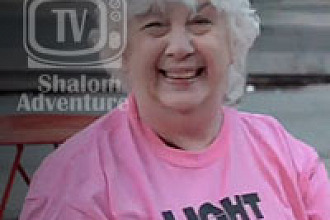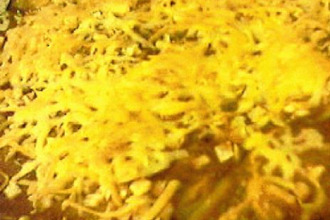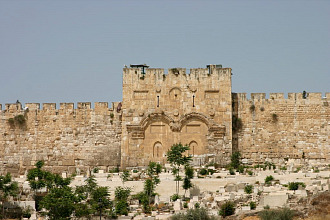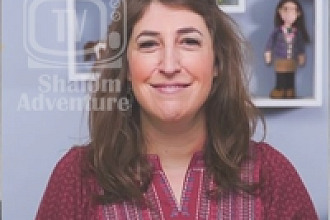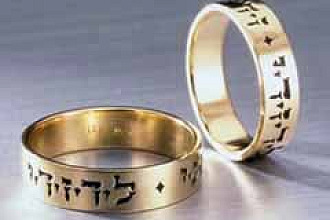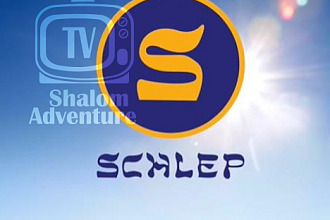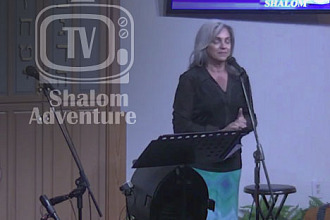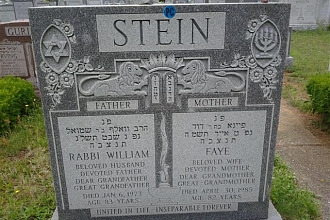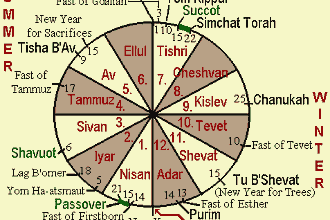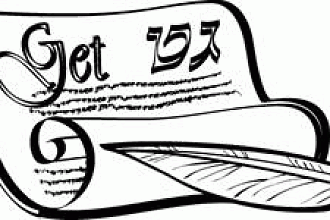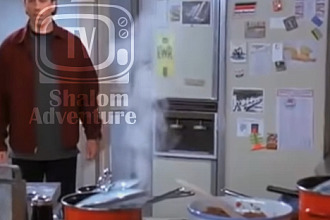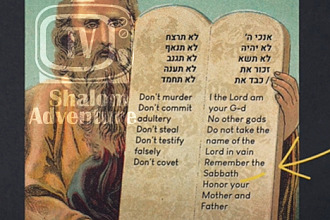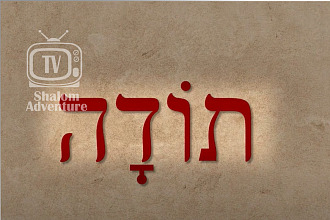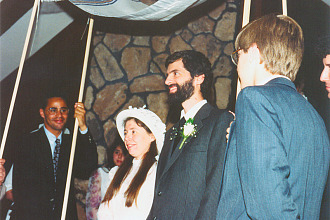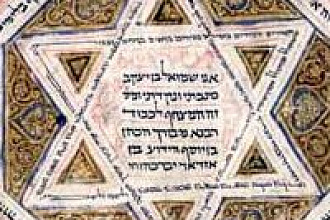"Shema Yisrael, Adonai Elohenu, Adonai Echad." These words are the first words in every mezuzah. They are written in every tefillin and are recited every day by some Jewish people. They are considered the watchwords of Judaism. They are translated, "Hear O Israel, the LORD our God, the LORD is one."
The word Echad, אחד , translated one, is often used in the Scriptures denoting a plural one such as in Genesis 2:24 when Elohim said the man and the women, the two, would be one flesh. (Other examples include two nations becoming one people, and two sticks becoming one stick – see Genesis 34:16,22 and Ezekiel 37:17).
When the Scriptures refer to a specifically singular one and only one, it uses the Hebrew word Yachid, יחיד . An example of this is seen in the Torah in Genesis 22:2,12,16, when God refers to Isaac as Abraham and Sarah's one and only son. (Other examples of this include: Judges 11:34; Proverbs 4:3; Jeremiah 6:26; Amos 8:10; Zechariah 12:10).
Yachid, one and only singular one, is never used to describe God in the Scriptures. When Moses quoted God, reciting the Shema in Deuteronomy 6:4, he did not use the singular "one and only" adjective Yachid. Rather he used Echad, which can be either singular or plural.
When Y'shua was asked what was the greatest commandment He responded by quoting Deuteronomy 6:4,5; "Hear, O Israel, the LORD our God, the LORD is one. And you shall love the LORD your God with all your heart, with all your soul, with all your mind, and with all your strength." Mark 12:29,20 NKJV.
Originally from: Jewish Discoveries page 180, by Jeff Zaremsky, which contains a total of 22 fascinating chapters of biblical history and lessons plus 25 rich Jewish tradition sections, and 27 powerful testimonies, with over 40 beautifully rendered professional works of art all on over 300 jam packed pages. You can own this treasure by visiting www.Jewishheritage.net

